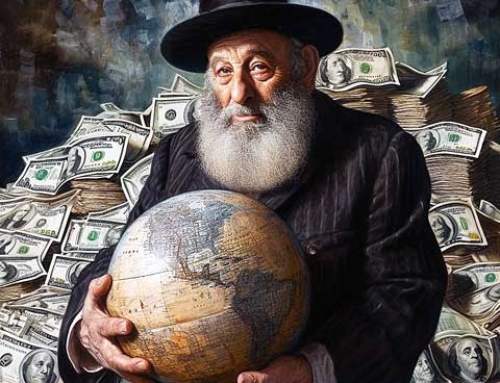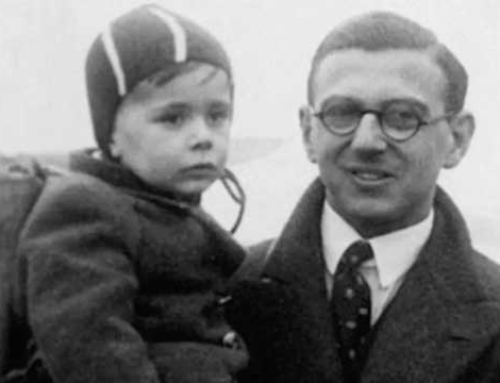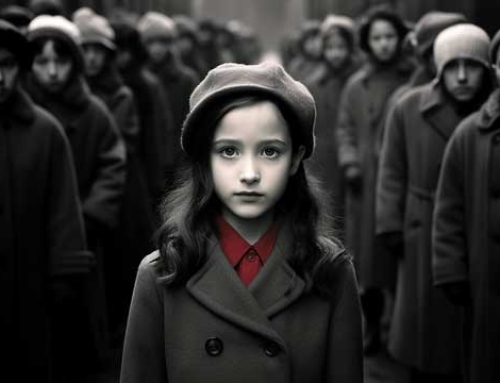Why should we, in this digital era, pay attention to a book by Viktor Frankl? It’s not always easy for young people to see the Holocaust as anything more than a historical event. For some, it seems like a far-removed past, an era so horrific it’s hard to comprehend in the context of our modern, digital world. However, it is crucial that we continue to remember and learn about this period in history, cultivating empathy for the victims, to ensure such atrocities do not repeat themselves.
Experiences in Nazi Concentration Camps
Understanding the experiences of Holocaust survivors can be an effective way of fostering this connection. The book “Man’s Search for Meaning” by Viktor Frankl, an Austrian psychiatrist and Holocaust survivor, serves as a powerful tool for this purpose.
In his memoir, Frankl recounts his experiences in Nazi concentration camps and shares his psychotherapeutic method of identifying meaning in life.
A pivotal point in the book is when Frankl describes the transition from the initial shock upon arrival at the camp to the eventual apathy that arose as a survival mechanism. This transition to apathy is an example of the defense mechanisms individuals employ to cope with extreme conditions. In this case, the prisoners’ once-vivid image of the world outside the camp faded and was replaced by the harsh reality of daily camp life.
Finding Meaning in Hopeless Situations
Moreover, Frankl emphasizes the importance of finding meaning even in the most desperate situations. He tells of setting up a clandestine psychotherapy clinic in the camp to assist his fellow prisoners. Despite the horrifying circumstances, Frankl believed that helping others find meaning in their situation was a form of resistance and survival.
In another passage, he describes a moment when he imagines himself in the future, standing on a stage and speaking about his experiences. This moment of self-projection served as a form of escape, keeping alive the hope that his suffering would end.
Finding Beauty in the Bleak
Furthermore, Frankl describes finding meaning in small moments of beauty or humanity, such as watching a sunset, sharing a piece of bread, or remembering his loved one. These are some of the most powerful moments in the book, illustrating how Frankl and other prisoners found light in the darkest times.
In each of these examples, Frankl recounts life in a concentration camp without focusing on the atrocities. Instead, he emphasizes the psychological reactions and attempts to find meaning, making these experiences accessible to readers of all ages and backgrounds.
Universal Truth
Frankl’s story is poignant, but it’s the universal truth that emerges from it that resonates most. He suggests that meaning in life can be found through work (doing something meaningful), through love (caring for another), and through courage during difficult times. These themes resonate not only with adults but are also relevant to young people navigating a complex world.
Displacement and Confusion
Now more than ever, in an era of social media and constant online connectivity, young people struggle with finding their own meaning and purpose in life. While the circumstances could hardly be more different, parallels exist between the sense of displacement and confusion many young people experience and Frankl’s experience in the concentration camps. The search for meaning remains universal, regardless of the context.
The recent pandemic, for example, has tested us all. We’ve experienced isolation, faced loss, and lived with fear and uncertainty. Frankl’s courage and resilience during his Holocaust experiences can inspire us in such circumstances. His search for meaning amidst the chaos can help us find our own path, even during the most challenging times.
Humanism
In a world becoming increasingly divided over political differences, climate change, and the struggle for social justice, we can also draw lessons from Frankl’s humanistic approach to psychology. He posited that the core of the human experience is to find meaning in our lives, in our work, in our relationships, and in our response to adversity. These are universal needs that span time and culture.
If we want to evoke empathy for the victims of the Holocaust, it is essential that we understand their experiences in their full context. Reading “Man’s Search for Meaning” is a step in this direction. It reminds us that although the circumstances we find ourselves in may vary, the search for meaning is an essential part of the human experience.
The Benefit
Let Viktor Frankl’s experiences inspire us all. Let Viktor Frankl’s courage remind us that even in the face of seemingly insurmountable adversity, we are capable of finding meaning and transcending our circumstances. This is a critical message for today’s world, where media, social media, and some politicians often seem to push us towards highlighting our differences rather than our shared humanity.
In these times of polarization, it is more important than ever to seek out what we have in common, what connects us. Frankl’s work reminds us that despite our varying backgrounds, cultures, and beliefs, we all share a fundamental human need: the search for meaning and purpose in our life.
Connection
It is through this shared human experience that we can build empathy and recognize our connection. It helps us look beyond the superficial differences that may divide us, to realize that regardless of our circumstances, we all strive for meaning, purpose, and a sense of connection.
Although the challenges we face today vastly differ from the trials Frankl endured, the lessons we can glean from his experiences remain relevant. Whether we’re struggling with personal problems, societal unrest, or global issues, we can draw strength from his courage and resilience.
It’s essential, despite the pressures from external factors like social media and politics, to focus on finding what unites us rather than what divides us. Seeking shared values, common goals, and recognizing our shared humanity can help us build bridges, promote dialogue, and work towards a more understanding and empathetic society.
Inspiration
So, let us draw inspiration from Frankl’s courage in times of adversity. Let’s take his life lessons to heart and commit to recognizing our shared humanity, finding meaning in our own lives, and transcending the challenges we encounter. In this way, we can contribute to a world that is more focused on connection than division.
In this way, the Holocaust becomes not a distant past, but a living memory that shapes us and reminds us to strive for a world where empathy and humanism are paramount.






